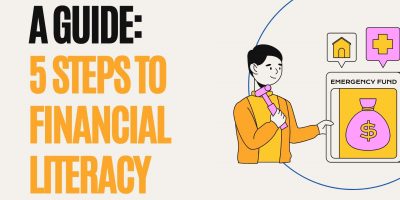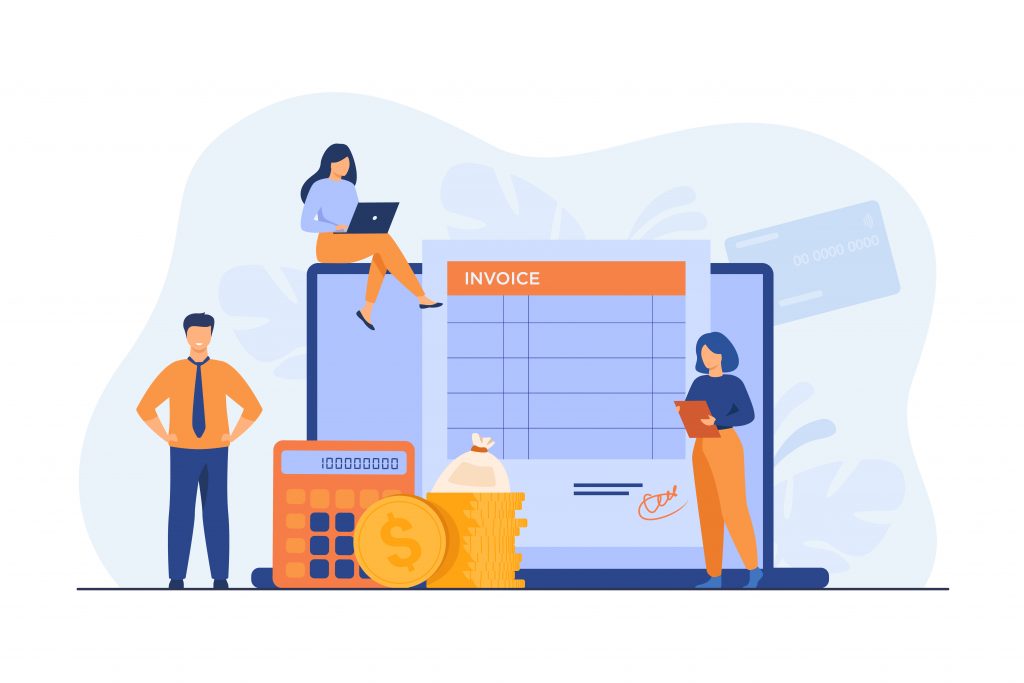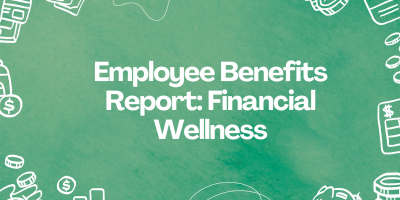
A Guide: 5 Steps to Financial Literacy
Where should one start when building financial literacy? Discover key strategies and tools to take control of your finances and secure a brighter financial future.

The views and opinions expressed in this guest post do not necessarily reflect the views or positions of Shortlister.
Since the pandemic’s onset, 91% of employees say they have faced a personal financial issue.
A personal financial issue could look like this:
Many times, Americans struggling with personal financial issues have no education on how to manage their finances. In other words, financial literacy is low.
Where should one start when building financial literacy?
Being financially literate can change one’s outlook toward money and ultimately guide one to make smarter financial decisions for years to come.
There are five main steps to prioritize to becoming financially literate.
Budgeting is the most crucial step when becoming financially literate because it helps set boundaries around spending. Basic expenses, including the cost of living (rent/mortgages, food, gas, child care, etc.), are all generally set each month or estimated by looking at previous months.
This is a starting point when setting a budget so that basic expenses will be covered monthly and all other costs are supplementary.
Naturally, once a budget is set, reducing spending is a simple and efficient way to start implementing financial literacy practices.
Reduced spending could look like: fewer meals out of the house, coffee out twice a week, walk more to the store to save on gas. Any activity that can also be done at home or can save on basic expenses is an easy place to start.
It is also important to note that this can be started small. For example, setting a goal to eat out only twice per week for an entire month helps to build this new habit. Reduced spending does not have to be a significant change.

Once a budget is set, it is much easier to estimate the amount of money that should be set aside each month or paycheck to a savings account. In 2022, approximately 56% of Americans would be unable to cover an emergency expense of $1,000 or more.
Building an emergency savings fund is crucial to becoming financially literate as it demonstrates the importance of a backup plan.
Credit scores, while simply a number, are vital to keeping up with finances.
Credit scores help lenders determine how trustworthy a person is, which comes into play when one rents or buys a home, purchases a car, takes out a loan, and so forth.
A lot goes into making one’s credit score and how it gets adjusted–increased or decreased. To learn more about credit scores, click here.
Unexpected expenses are bound to happen, and they occur for everyone every year. In 2022, around 58% of Americans live paycheck to paycheck, with many unable to cover an emergency expense of $1.000 or more, as mentioned before.
The pandemic was a major unexpected event that challenged many’s abilities to live A financially secure life. With a budget, reduced spending, consistent contributions to a savings account, and an understanding of how credit scores are affected and adjusted, the ability to expect and prepare for risks becomes more attainable; in other words, financial literacy is more achievable.

Employers are in an interesting place when it comes to finances because there are now so many great employee financial wellness benefits.
Here are a few ways employers can help improve financial literacy among their employees



Financial literacy is a process that is developed by building smarter financial habits. Habits are formed by making small, incremental changes which sometimes require tools to help make these changes.
Education is a big piece of financial literacy, but if one is struggling with their finances now, education won’t help them to make these habit changes. They need tools, like a financial wellness platform, to help them get started.
Disclosure: Some of the products featured in this blog post may come from our partners who compensate us. This might influence the selection of products we feature and their placement and presentation on the page. However, it does not impact our evaluations; our opinions are our own. The information provided in this post is for general informational purposes only and should not be considered as legal, tax, accounting, or investment advice. For advice on specific issues, please consult with a qualified professional.
Browse our curated list of vendors to find the best solution for your needs.
Subscribe to our newsletter for the latest trends, expert tips, and workplace insights!

Where should one start when building financial literacy? Discover key strategies and tools to take control of your finances and secure a brighter financial future.

Your SaaS company doesn’t need a physical office abroad to trigger a multimillion-dollar tax bill. With authorities expanding the definition of permanent establishment, unprepared employers often realize the risk too late.

In an era where 60% of Americans live paycheck to paycheck, companies are increasingly recognizing the urgent need for comprehensive financial wellness programs.

Just switched jobs? What you do with your 401(k) next could either save or drain thousands from your retirement.
Used by most of the top employee benefits consultants in the US, Shortlister is where you can find, research and select HR and benefits vendors for your clients.
Shortlister helps you reach your ideal prospects. Claim your free account to control your message and receive employer, consultant and health plan leads.